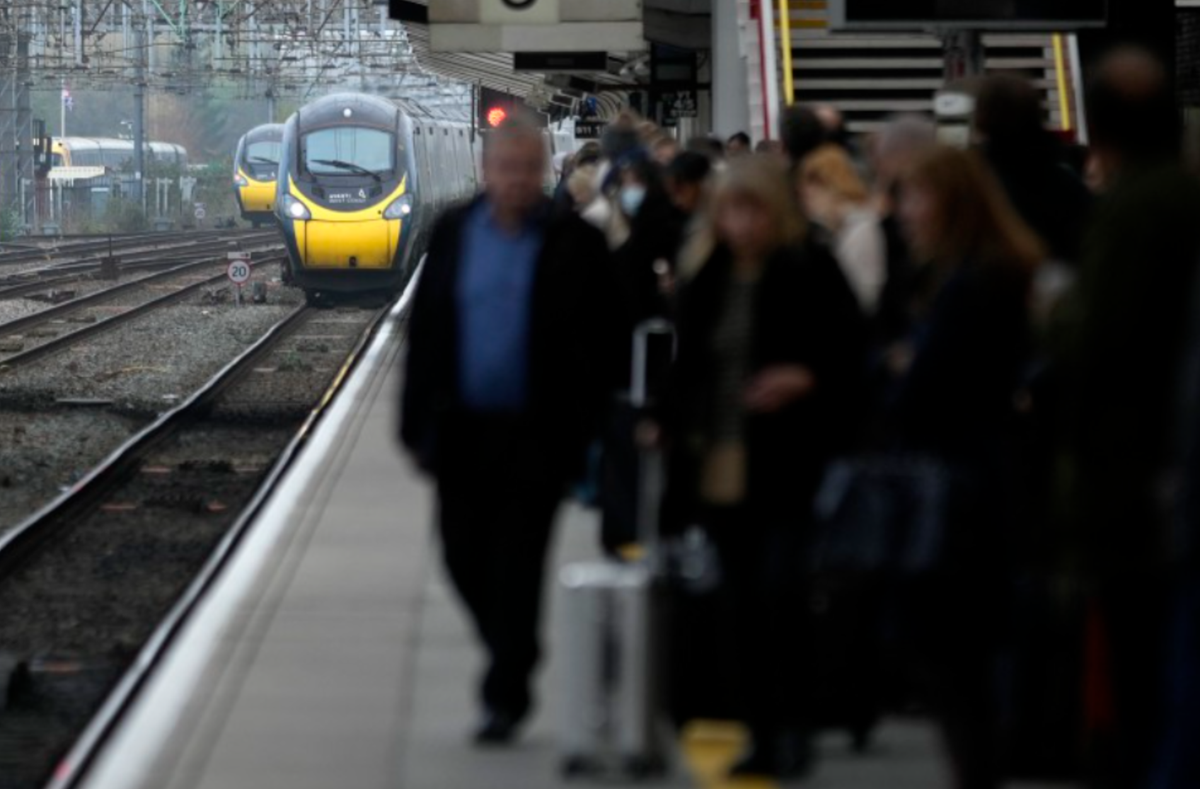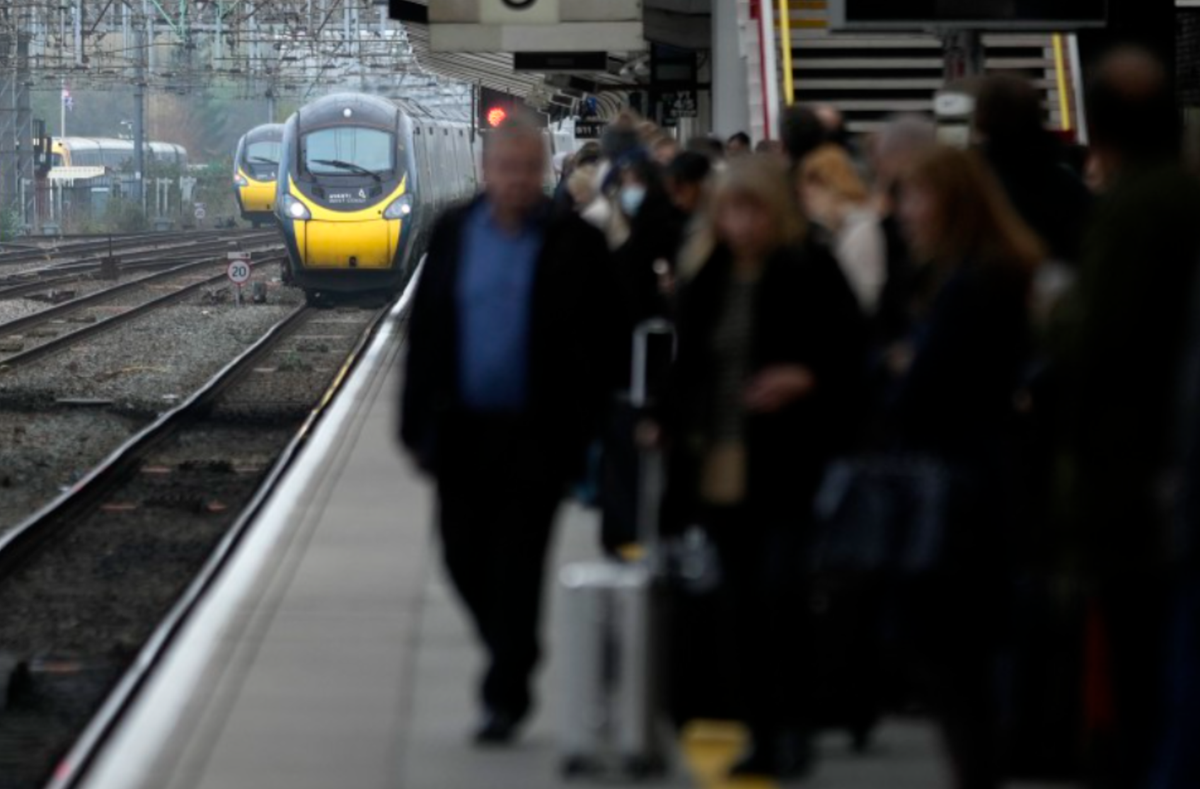Rail passengers face severe travel disruption over Christmas and the New Year as workers stage a series of 48-hour strikes in December and January in the long-running dispute over jobs, pay and conditions.
The RMT union has revealed that more than 40,000 workers across Network Rail and 14 train operating companies will stage a series of 48-hour walk-outs.
Industrial action will take place on 13, 14, 16 and 17 December and on 3, 4, 6 and 7 January.
On Monday it announced further strike dates to take place over the key Christmas period, with members walking out from 6pm on 24 December until 7am on 27 December. Most trains do not run on 25 and 26 December anyway, but those aiming to travel by rail to see loved ones either side of Christmas Day will be affected.
The RMT has also issued an overtime ban for its members across the railway network from 18 December to 2 January.
Of the next tranche of walk-outs, RMT general secretary Mick Lynch said: “We feel that we’ve been compelled to take this action due to the intransigence of the government … we’ve been faced with an extremely detrimental offer and our members simply aren’t in a position to accept the changes the companies have put on the table.”
Mr Lynch had earlier said that the union is “sorry to inconvenience” the public this Christmas, but urged them to “direct your anger and frustration at the government and railway employers during this latest phase of action”.
Network Rail’s chief negotiator, Tim Shoveller, said the union was “playing fast and loose with people’s Christmas plans” saying the latest strike dates “deliberately target vital engineering work designed to improve the railway”.
The effects of these strikes is now well established after a number of similar walk-outs impacted British travellers over the summer and earlier this autumn; industrial action from around 5,000 Network Rail signallers will mean half the rail network is closed, with a much-reduced service on the remainder.
Non-union members and managers will enable a service to run between 7.30am and 6.30pm across about half the rail network.
Tim Shoveller, Network Rail’s chief negotiator, said: “No one can deny the precarious financial hole in which the railway finds itself. Striking makes that hole bigger and the task of finding a resolution ever more difficult.
“Only through reform, that will not result in anyone losing their job, can savings be made that can then be converted into an improved offer. And while progress has been made over these last two weeks, we still have yet to find that breakthrough.
“We will not give up and hope that the RMT will return to the table with a more realistic appreciation of the situation.”
A spokesperson for the Rail Delivery Group, representing train operators, said: “We made real progress over the last fortnight of talks and for the first time in months we can see the outline of a credible deal.”
The ongoing disputes are centred around pay, working conditions and job security.
The RMT union says its average member earns £31,000 annually, “with many on much less, and none have seen an increase in three years”. The RMT also says the dispute is about “preventing catastrophic cuts that will directly impact maintenance and accessibility”.
The Independent has approached the Department for Transport (DfT) for comment.








More Stories
Everything you need to know about July and August rail industrial action
‘It’s cancerous’: How seaside towns fight back against second home owners
EasyJet flight diverted after passenger medical emergency on board